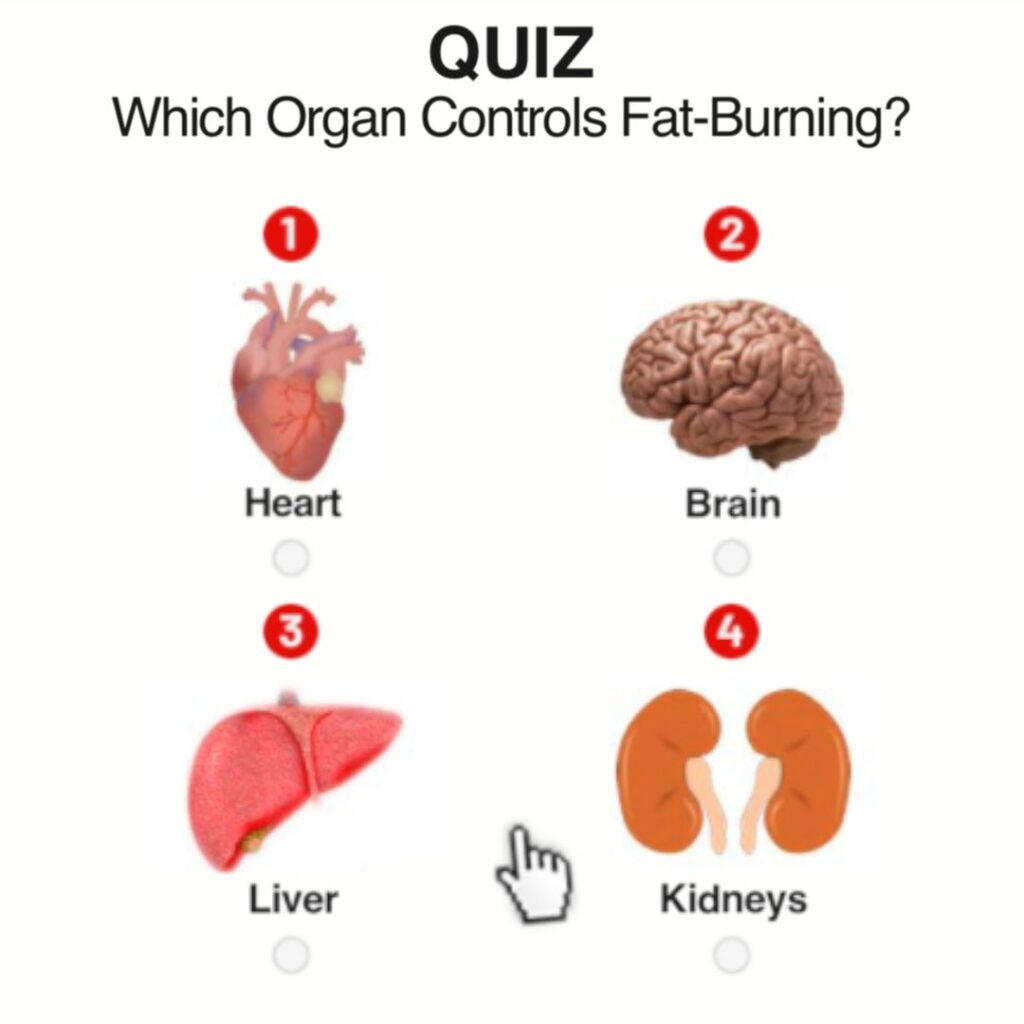Is type 2 diabetes ‘diabetes’ as currently understood?

The current way of diagnosing type-2 diabetes using blood glucose levels needs to be revised, research by scientists from The University of Manchester and King’s College London suggests.
Type 2 diabetes, which affects over 90% of all adults with diabetes, often leads to heart damage and blood vessel problems in the brain, eyes and kidneys. It is closely linked to increasing levels of obesity, lack of exercise, unhealthy diets and our aging population.
The study focused on young, previously pregnant women followed up in Greater Manchester after being identified as at increased, intermediate and low risk of developing type-2 diabetes. Researchers examined biochemical markers in the blood before glucose became elevated – so before the patients reached the pre-diabetes stage.
Their findings show that changes in types of blood fat metabolites – naturally occurring particles that come from and make up fats in the blood – appear to be good indicators of developing type-2 diabetes. The changes in these particles were detectable well before changes in blood glucose that now define type-2 diabetes or pre-diabetes.
Professor Kennedy Cruickshank, lead author of the study and Professor of Cardiovascular Medicine and Diabetes, in the Division of Nutrition at King’s College London, formerly at The University of Manchester, said his team’s findings could be important for future diagnosis and, in turn, treatments.
Professor Cruickshank said: “We found that several groups of fat metabolites, also linked to body fat, were changed in the blood, as were others including some amino acids and to some extent vitamin D, before glucose levels increased.
“Blood vessels become damaged as part of the condition, but problems in the vessels arise before high blood sugar sets in during a ‘pre-diabetes’ period.
“The current method of categorising type-2 diabetes solely by a patient’s glucose level means that many will already have suffered blood vessel damage and will experience poorer outcomes.
“Our study overall adds weight to the argument that type-2 diabetes should not be classified as ‘diabetes’ as we currently understand it from just measuring blood glucose.”
The authors argue that rather than concentrating purely on glucose-directed treatments, which do not improve blood vessel health, a new, quite different definition of type-2 diabetes is required, partly based on the distribution of fat metabolites in the blood in the pre-diabetes stage.
Dr Simon Anderson, co-author of the study and National Institute for Health Research Clinical Lecturer in Cardiology from The University of Manchester, said: “This long-term study of women in Greater Manchester adds to growing evidence about the major role that fats and fat metabolites play in the health of blood vessels, and in diabetes per se.
“To help clarify the metabolic conditions that lead to the development of type-2 diabetes, further assessment of the total chemicals in the blood – the metabolome – is necessary.
“In the long-term we aim to identify a biomarker or a disorder in a chemical pathway that is linked to blood vessel health and subsequent diabetes.
“Ultimately this might translate into a specific blood test to identify people at risk of type-2 diabetes early on but most importantly, it may allow advice on lifestyle modification at an earlier stage to reduce the long-term impact of diabetes.”
The team say more work is now needed to validate this alternative approach to diagnosing, treating and preventing diabetes.
Work is now ongoing at King’s to establish earlier treatments for blood vessels and the heart in people at risk of diabetes, while researchers in Manchester are looking at the risk of developing diabetes for children born from mothers with gestational diabetes and varying degrees of fatness.
Original post found hereP.S. The current method of diagnosing someone with diabetes does need upgrading. After you have gotten this disease, it adds a new dimension to daily living including treatment and expenses that we can all do without. However if we could determine the likelihood of someone developing diabetes before hand, then lifestyle changes could be adopted to prevent the onset of this disease.
P.P.S. If you do have diabetes there is hope. Visit Exercises for Diabetics Today for more information.





